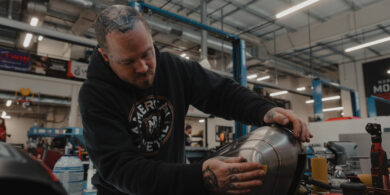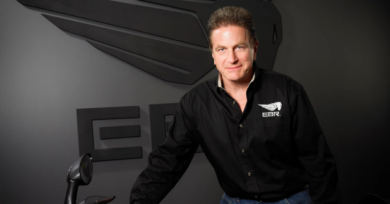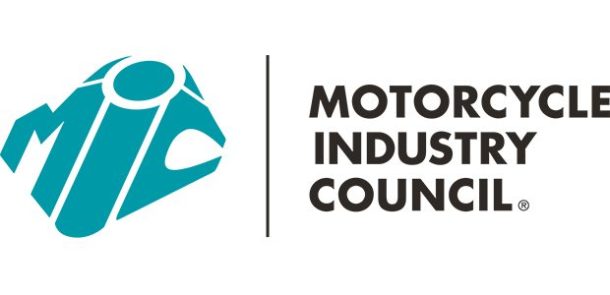TC-88 lawsuit reinstated against Harley-Davidson
The Wisconsin Court of Appeals has reversed a trial court’s dismissal of a consumer fraud class action lawsuit against Harley-Davidson, Inc., and Harley-Davidson Motor Company, finding that the plaintiffs in the suit had produced enough evidence to continue with claims filed under the Wisconsin Deceptive Trade Practices Act.
The Appeals decision, made Jan. 14, allows the lawsuit brought by California resident Steven C. Tietsworth, Wisconsin resident David Bratz and three other residents of Wisconsin, to continue. All five are owners of 1999 or early-2000 H-D models equipped with Twin Cam 88 or Twin Cam 88B (“TC-88”) engines.
Lieff Cabraser Heimann & Bernstein, LLP, the law firm spearheading the suit, estimates that over 100,000 model year 1999 and early-2000 H-D motorcycles were sold with the TC-88 engine. These bikes include the Dyna Glide series, the FL Touring series, and the Softtail series models.
Serving as co-counsel to Tietsworth, Lisa Leebove, an attorney for Lieff Cabraser Heimann & Bernstein, LLP, said the case started after owners of the bikes in question received a letter from H-D, dated Jan. 22, 2001, which warned of possible shortcomings in a rear cam bearing which affected “a small number” of TC-88 engines.
“The bearing design was changed during the 2000 model year,” the letter states. “Because your bike was built before the change, the Motor Company is providing a 5-year/50,000-mile warranty on the rear cam bearing.”
The five plaintiffs allege that the TC-88 engine was defectively designed and potentially dangerous due to the propensity for premature cam failure, which causes sudden and total engine failure.
The plaintiffs allege that H-D knew about the defect in the engines, and say that H-D even sells a $500.00 (MSRP) “fix kit” designed to remedy the problem (Service Bulletin M-1100, July 10, 2000, Cam Bearing Repair Kits).
The Court of Appeals said Wisconsin law does not require motorcycle owners to wait until their engines fail before they can make claims of fraud or deceptive trade practices, and Leebove says the plaintiffs in the case are simply seeking compensation to make the necessary repairs before the engines have the chance to destruct.
“These people don’t want to have to have their bikes repaired once they break down,” Leebove told Powersports Business. “If it’s common knowledge that there is a problem with these engines, and if Harley-Davidson knows about it, then something should be done to help these riders recoup costs for the fix before any of the problems present themselves.”
A Harley-Davidson spokesman said the company believes that the reversal by the intermediate level appellate court is in error, and says that Harley is currently reviewing its options, including the filing of a petition for review by the Wisconsin Supreme Court.
“Harley-Davidson believes that the 5 year/50,000 mile warranty extension it announced in January 2001 adequately addresses the condition for affected owners,” Joe Hice told Powersports Business.
No future hearings have been scheduled, and Leebove says her next step is to complete more discovery and to file a class certification motion — which would certify that all owners of the motorcycles in question are similarly situated, have a common interest in resolving the problem, and are pursuing the same claim with the same type of relief.
‘I don’t know what the settlement or judgement could possibly be, but we certainly think it would be fair to characterize Harley-Davidson’s potential liability as extensive,” she said.




